At Christ Church Cathedral we
For centuries, daily prayers have marked the times of the day and expressed the traditions of the praying communities in both Judaism and Christianity. The third, sixth, and ninth hours (9 a.m., 12 noon, and 3 p.m.) were times of private prayer in Judaism. The congregational or cathedral form of office developed in Christianity under Emperor Constantine (288-337) with the principal morning and evening services of lauds and vespers. The people participated in the cathedral form of office. A monastic form also developed during this time. In addition to lauds and vespers, the monastic form included matins (at midnight or cockcrow), prime (the first hour), terce (the third hour), sext (the sixth hour), none (the ninth hour), and compline (at bedtime). By the late middle ages, the daily office was seen as the responsibility of the monks and clergy rather than an occasion for participation by all in the prayers of the community throughout the day and “the farmer in
After the Anglican Reformation, Archbishop Thomas Cranmer (1489-1556) reduced the eight monastic offices to the two services of morning and evening prayer (also known as evensong). These were printed in vernacular English and intended for use by all members of the church. Participation in the daily office is at the heart of Anglican spirituality. It is the proper form of daily public worship in the church and continues as an expression of private devotion for many Anglicans. Daily morning prayer and daily evening prayer in both contemporary and traditional language are found in the Book of Alternative Services, 1985 and the Book of Common Prayer, 1962. These service books also include orders of worship for prayers at mid-day, compline, and home prayers. The offices include prayers, a selection from the Psalter, readings from the Holy Scriptures, one or more canticles, and the Lord’s Prayer. The daily office lectionaries of the BCP and BAS appoint readings for each time of day. The officiant of the offices may be a member of the clergy or a
Online Lectionary – Anglican Church of Canada
Read a post by David Drinkell about Choral Evensong
Daily Prayer from the Church of England
Daily Offices from the Trinity Mission (with Audio)
Daily Offices from the Mission of St. Clare
Instructional videos – offices and prayers







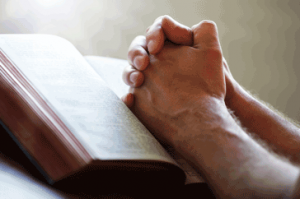
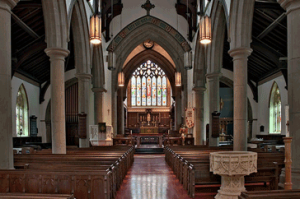
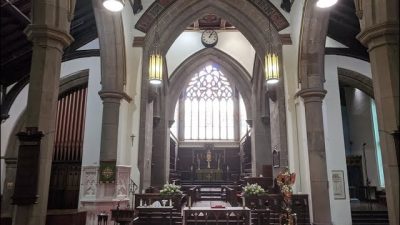

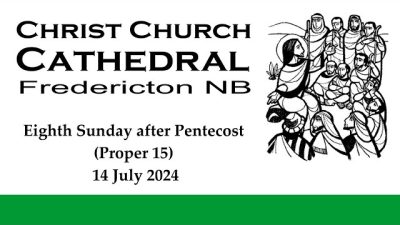
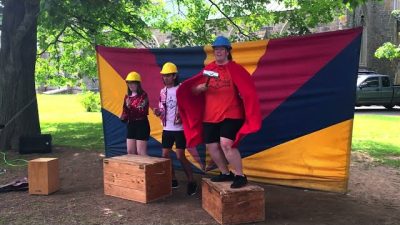
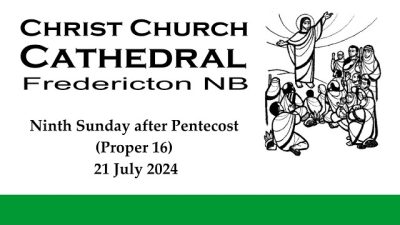




Recent Comments